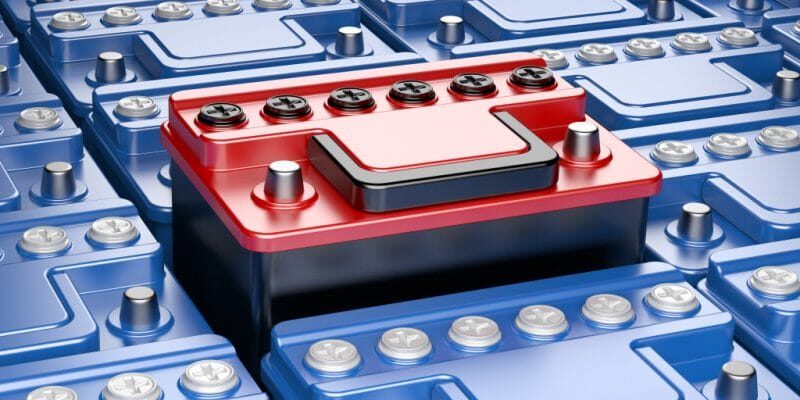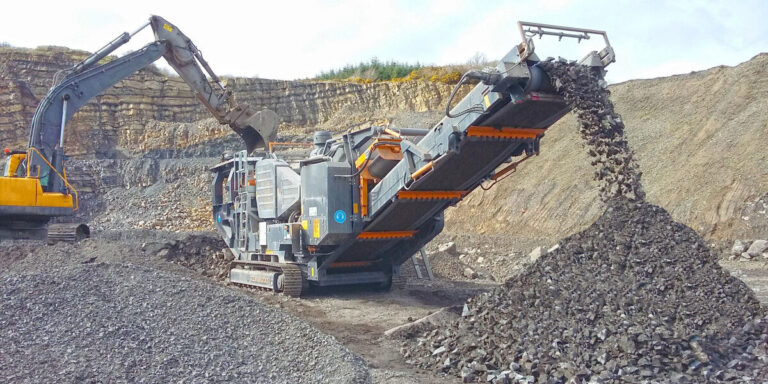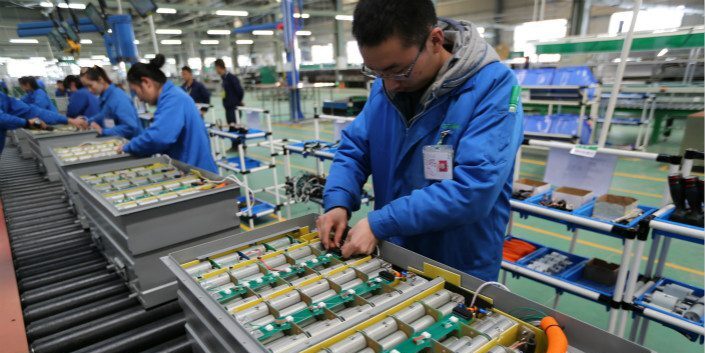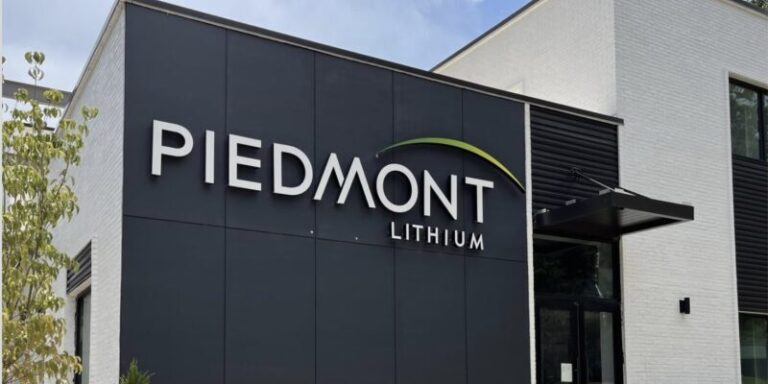
The Democratic Republic of Congo (DRC) is set to introduce innovative “financial vehicles” to empower small-scale Congolese savers keen to invest in the burgeoning electric battery value chain.
This announcement was made by Vuko Kakule, Deputy General Director of the Congolese Battery Council (CCB), during the second day of the DRC-Africa Forum dedicated to battery metals, held on September 21, 2023, in Kinshasa.
Addressing a panel focused on establishing a robust financial system to enhance the battery metals value chain, Kakule highlighted that the current economic model in the DRC had largely excluded its citizens from meaningful participation in the mining sector.
He emphasized that the previous model favored foreign investors who injected capital into the sector, resulting in limited benefits for the Congolese government.
Kakule stated, “The existing economic model in the mining sector has failed to enable the Congolese government to capture substantial resources.
It has primarily benefited foreign investors, leaving meager revenues for the government. In response, the government has proposed a new financial vehicle model to mobilize public savings directed towards the private sector, enabling individuals to engage in industrial activities.”
These financial vehicles represent a strategic shift away from the prevailing model, aiming to ensure broader inclusion and benefits for local savers.
Kakule described them as a tool to foster a “renaissance” model that not only bolsters the overall DRC economy but also provides opportunities for small savers to participate actively.
The introduction of financial vehicles aligns with efforts to attract local investors who can significantly contribute to the transformation and development of the Democratic Republic of Congo.
It aims to democratize the benefits of the burgeoning battery value chain, creating opportunities for ordinary Congolese to share in the sector’s prosperity.
These developments come against the backdrop of revelations by Professor Jean-Baptiste Kushinganine from the Catholic University of Bukavu, indicating that the DRC currently captures just 3% of the global cobalt value chain, with the majority flowing to mining companies, leaving limited gains for the government.
The implementation of financial vehicles seeks to rectify this imbalance and empower local stakeholders in the battery metals industry.





